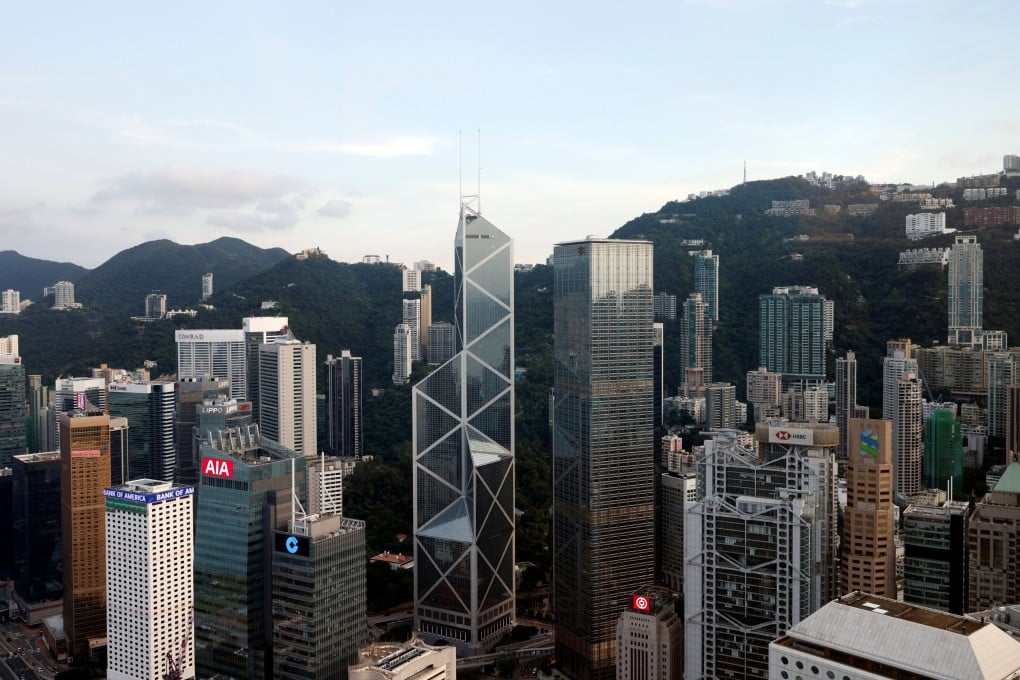Opinion | How China’s anti-sanctions law for Hong Kong can take a leaf from Texas abortion law
- The Texas law uses private lawsuits instead of government regulation and law enforcement to advance public policy. It’s a route Beijing should consider as it deliberates how to craft an anti-foreign sanctions regime for Hong Kong

Texas recently enacted a law that allows private citizens to sue anyone who aids or abets an abortion once a fetal heartbeat can be detected. The law probably violates the US Constitution, but instead of relying on Texas police and prosecutors, private citizens enforce the law.
Using private lawsuits instead of government regulation to advance public policy is not novel. Long before the modern regulatory state came along, most of society’s rules were enforced by courts awarding money damages in civil lawsuits – all part of the English common law tradition bequeathed to Hong Kong’s courts.
What does this have to do with China and sanctions? China reportedly wants an anti-foreign sanctions law for Hong Kong – in essence, a law that punishes people and institutions that abide by certain foreign sanctions. But these so-called blocking statutes subject international businesses to a classic Catch-22.
If an international bank operating in Hong Kong refuses to abide by US sanctions, it could face severe consequences at the hands of the US government: asset freezes, loss of licences, exclusion from the global US dollar settlement system. In a worst-case scenario, the risk is global financial pariah status.
